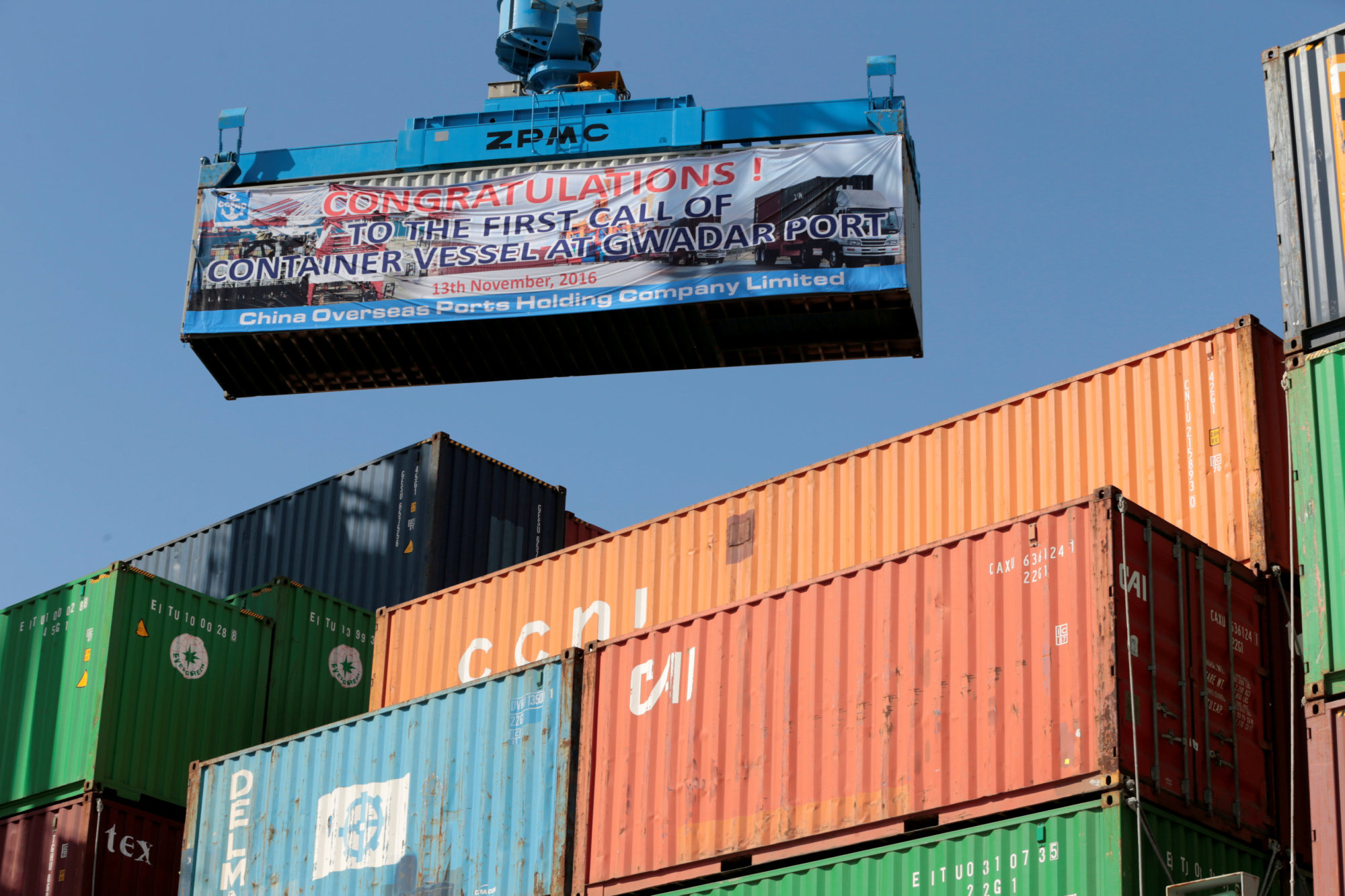Ten years ago, China shielded itself from the global financial crisis with a wall of stimulus. Facing U.S. President Donald Trump's tariff onslaught, that feat of self-preservation looks much harder to repeat.
The simple reason is that even if President Xi Jinping's government were to conclude that the economy needed massive spending to keep growth on track, he is hamstrung by China's huge debt. At over 260 percent of gross domestic product, total debt is more than four times what it was in 2008—and much of that is the legacy of stimulus past.
The Xi administration's two-year drive to tame credit growth has consumed political capital, which makes calibrating a response to a slowing economy amid trade tensions a delicate task for policymakers. "There's a very strong lobby power in China that's saying, 'Domestic activity is weak, the tariff war is escalating, China should react more aggressively to prevent a slowdown,' " said Haibin Zhu, chief China economist at JPMorgan Chase & Co. in Hong Kong. But if the government "stops the deleveraging procedure and reverses course, that would be the biggest policy mistake China could make."


















With your current subscription plan you can comment on stories. However, before writing your first comment, please create a display name in the Profile section of your subscriber account page.